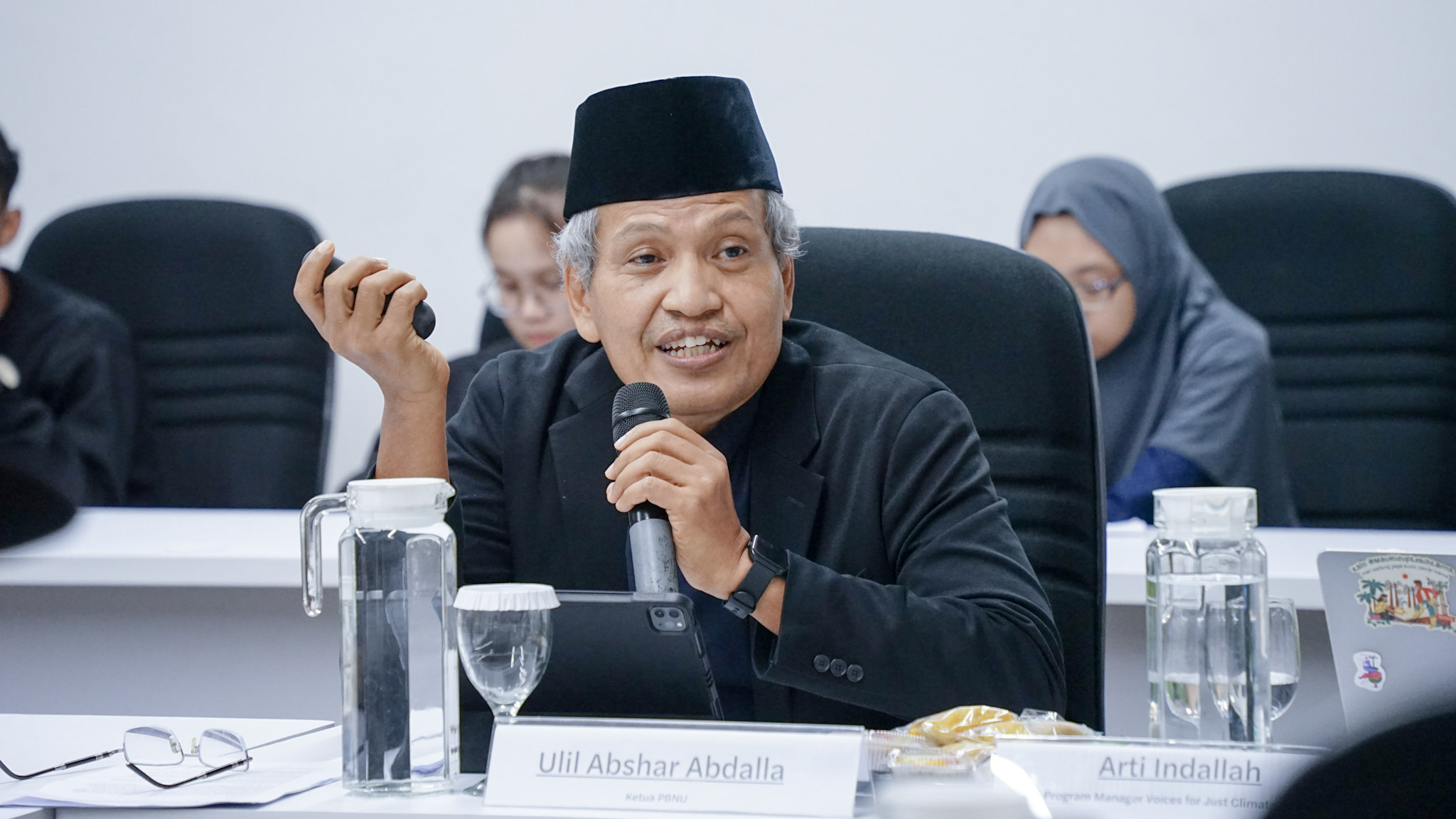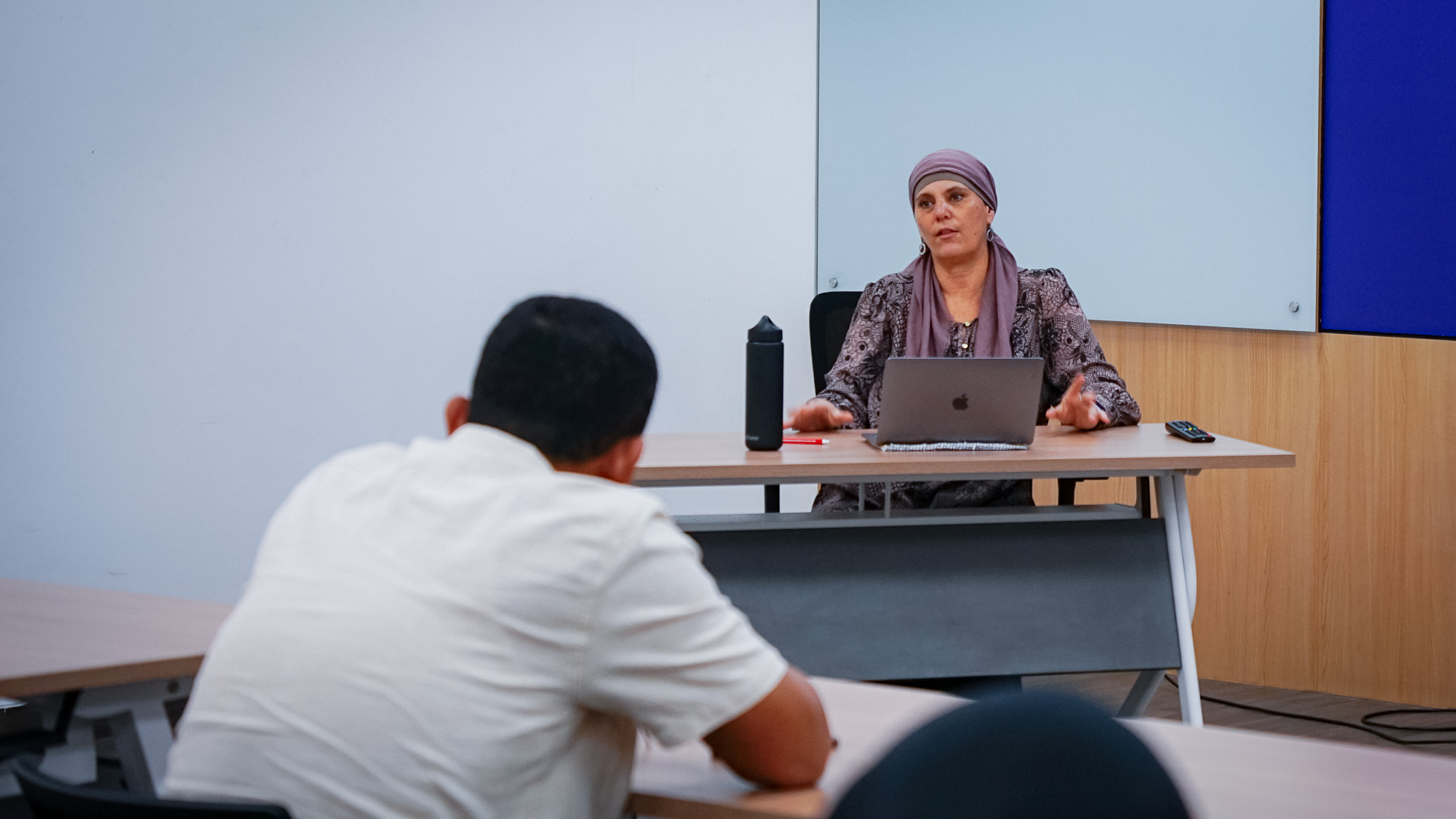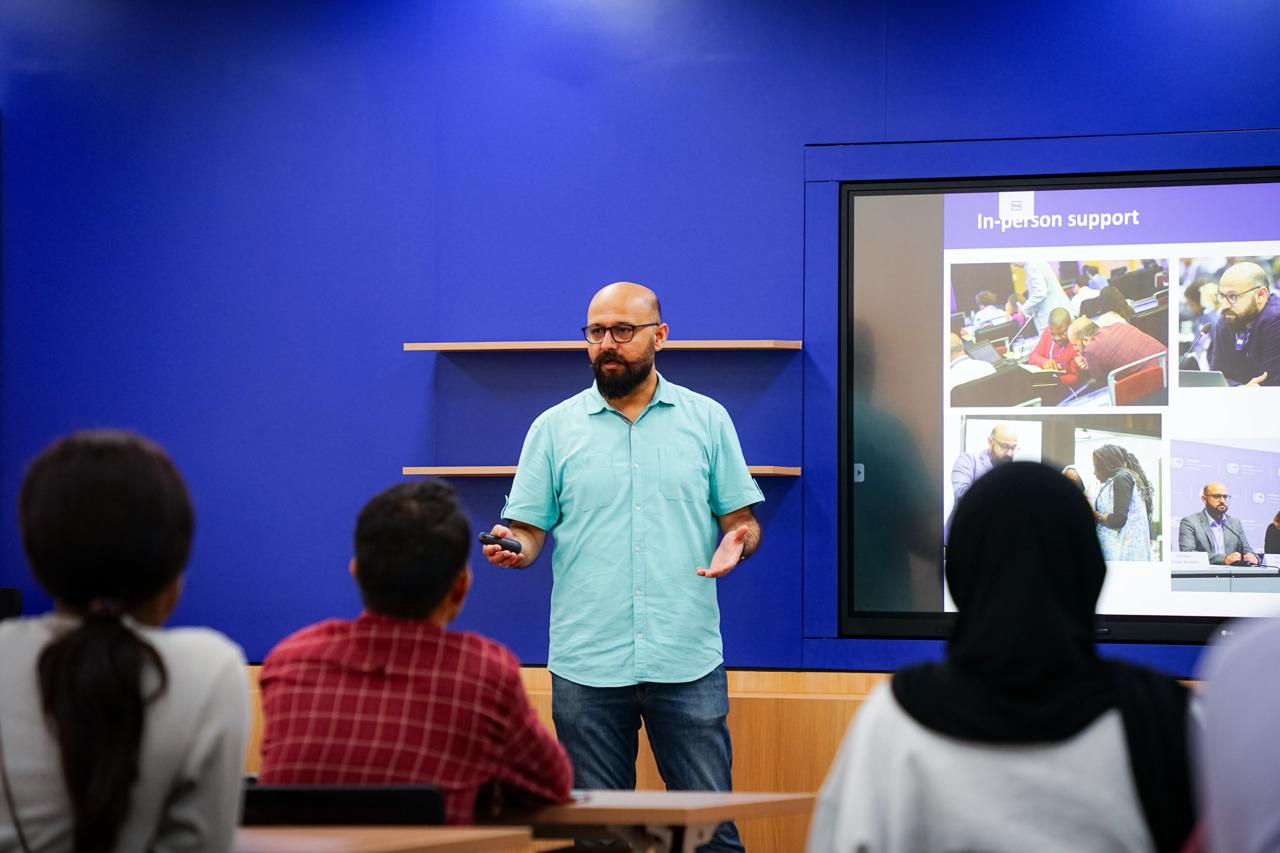UIII’s Climate Talk Series Tackles Contentious Mining Regulation
July 19, 2024Contributor: Elis Nurhayati* | Editor: Dadi Darmadi
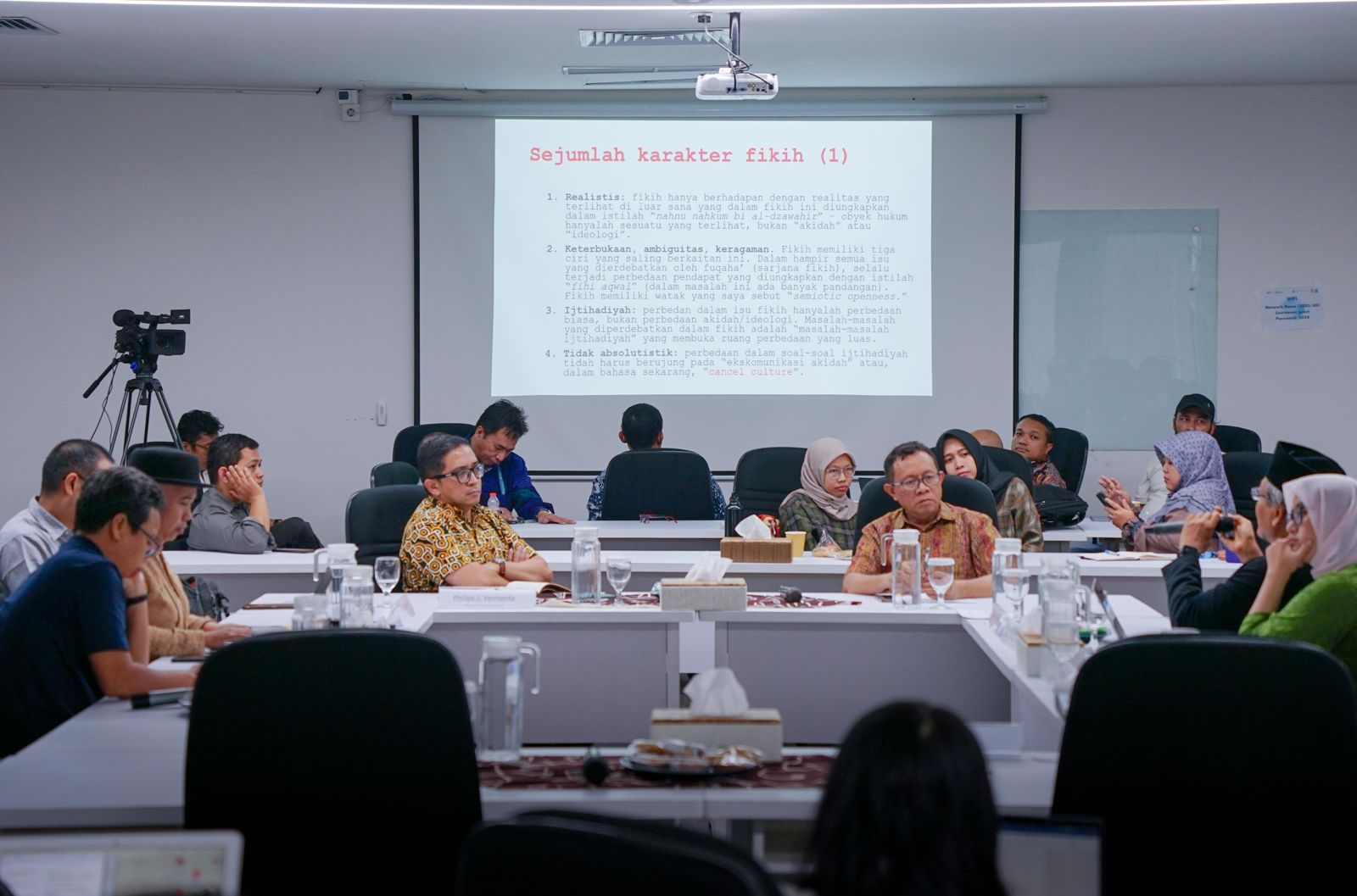
DEPOK, Indonesia — In a thought-provoking discussion that blended faith and environmental concerns, the Climate Talk Series 6, hosted on July 19, 2024, by the Master of Public Policy specializing in Climate Change Program at the Faculty of Social Sciences (FOSS) at Universitas Islam Internasional Indonesia (UIII), examined the contentious issues surrounding a recent government regulation on mining licenses. The event, held both offline at the Lecture Hall in Faculty A Building, UIII campus, and online through Zoom, featured a spirited roundtable discussion following Friday prayers.
The hybrid event, led by Philips Vermonte, the Dean of FOSS at UIII, brought together an array of prominent speakers to debate the points raised by the renowned Muslim scholar Ulil Abshar-Abdalla in his opinion piece, "Mining Issues, Between Ideology and Jurisprudence" (Kompas, June 20, 2024). The panel included figures such as Airlangga Pribadi from Universitas Airlangga, Budhy Munawar-Rachman of Yayasan Wakaf Paramadina, Sonny Mumbunan from MPP in Climate Change at FOSS UIII, Hening Parlan, National Coordinator of Green Faith Indonesia, Arif Maftuhin from UIN Sunan Kalijaga, Syafiq Hasyim of the UIII Faculty of Islamic Studies, and Arti Indallah, Program Manager of Voices for Just Climate Action at Yayasan Humanis.
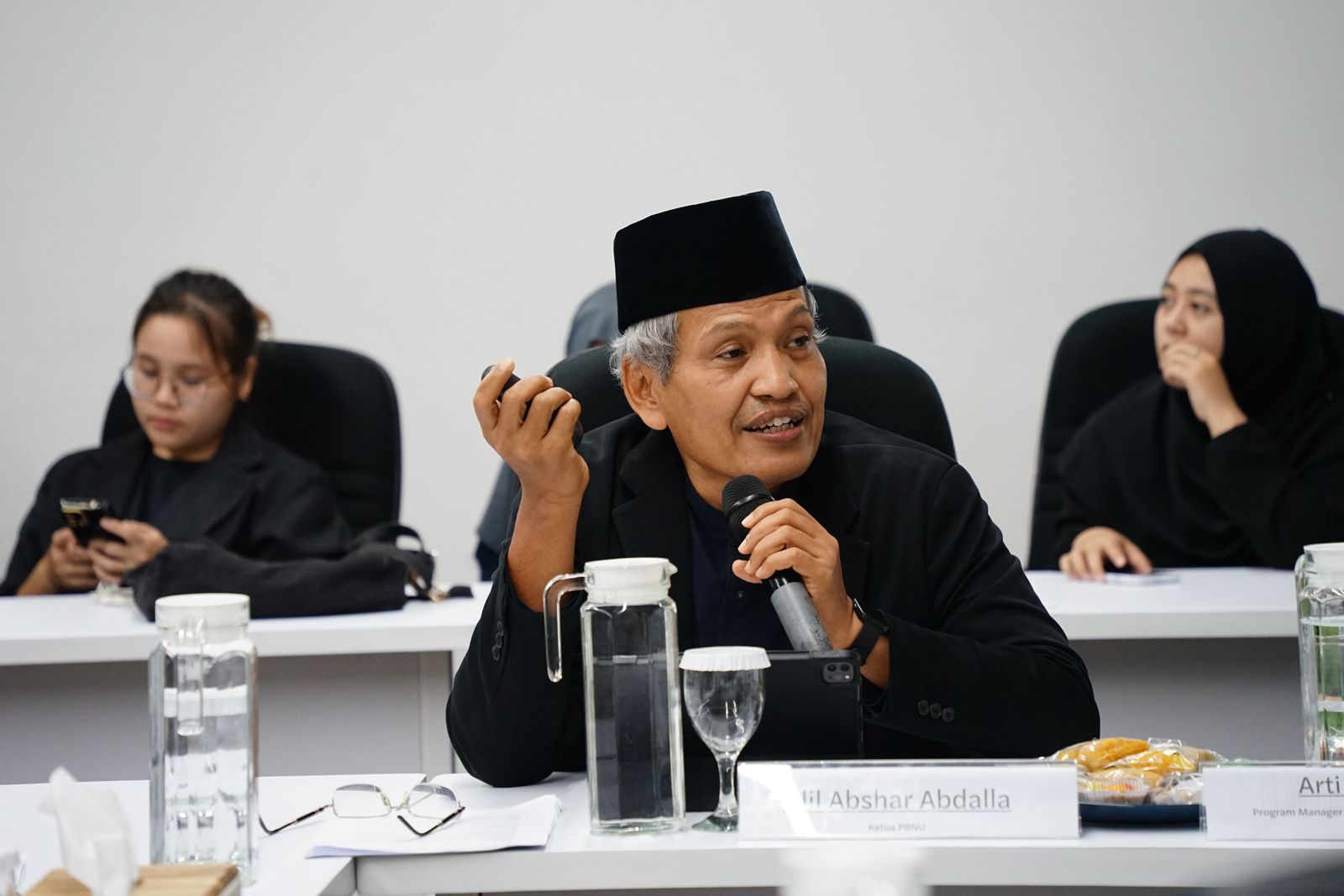
| Read also: Climate Talk Series #5 Highlights Muslim Environmentalism with Prof. Anna M. Gade |
The discussion focused on the controversial government regulation proposing mining licenses for religious organizations. This policy has ignited a significant debate about its religious and social implications. Ulil Abshar-Abdalla's article has been central to this debate, highlighting the conflicting viewpoints of environmentalists and religious scholars on coal mining activities. According to Abshar-Abdalla, the religious preachers adopt a flexible fiqh (Islamic jurisprudence) approach, considering environmental issues through the lens of benefits and harms, which allows for varied perspectives.
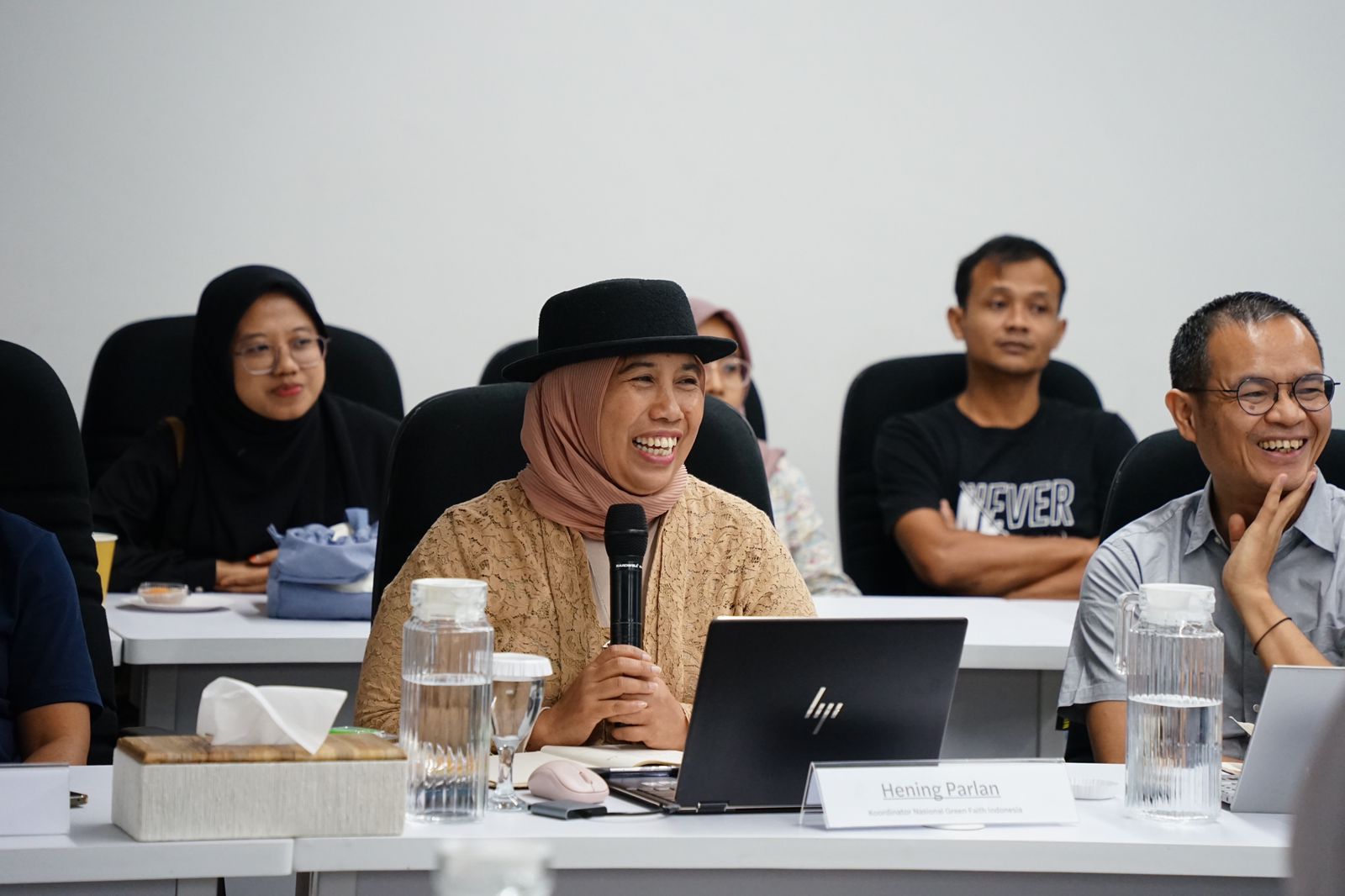
| Read also: Can Islamic Universities Produce Climate Leaders and Eco-Theologians? |
Urgency of Addressing Climate Change
Speakers like Airlangga Pribadi and Budhy Munawar-Rachman voiced concerns about the environmental impact of the regulation, urging a jurisprudence that prioritizes nature's protection. They referenced KH Ali Yafie’s work on environmental jurisprudence, which expands the primary objectives of Islamic law to include environmental protection.
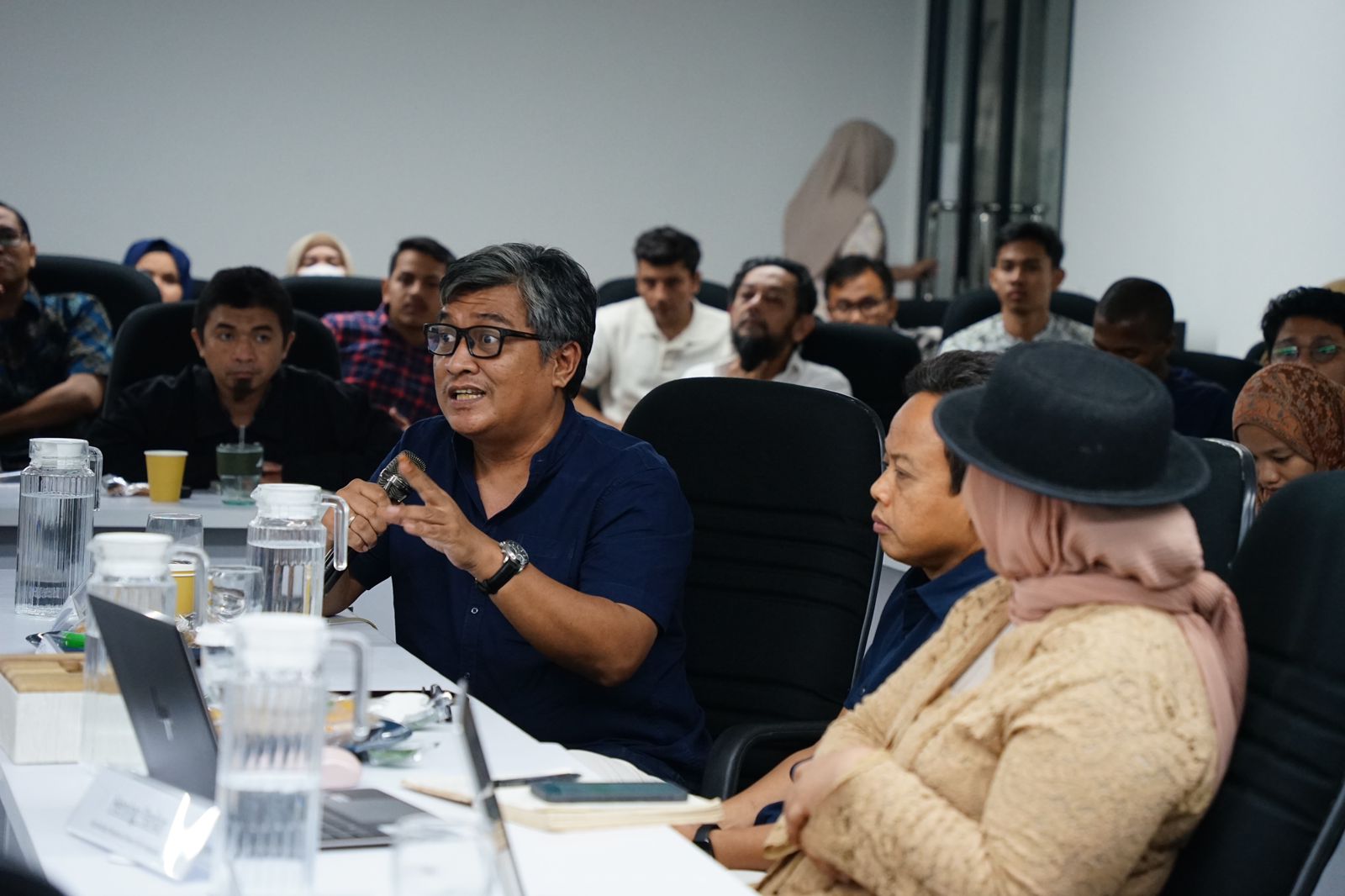
| Read also: ‘Science and Climate Negotiations’: Climate Talk with Dr. Fahad Saeed at UIII |
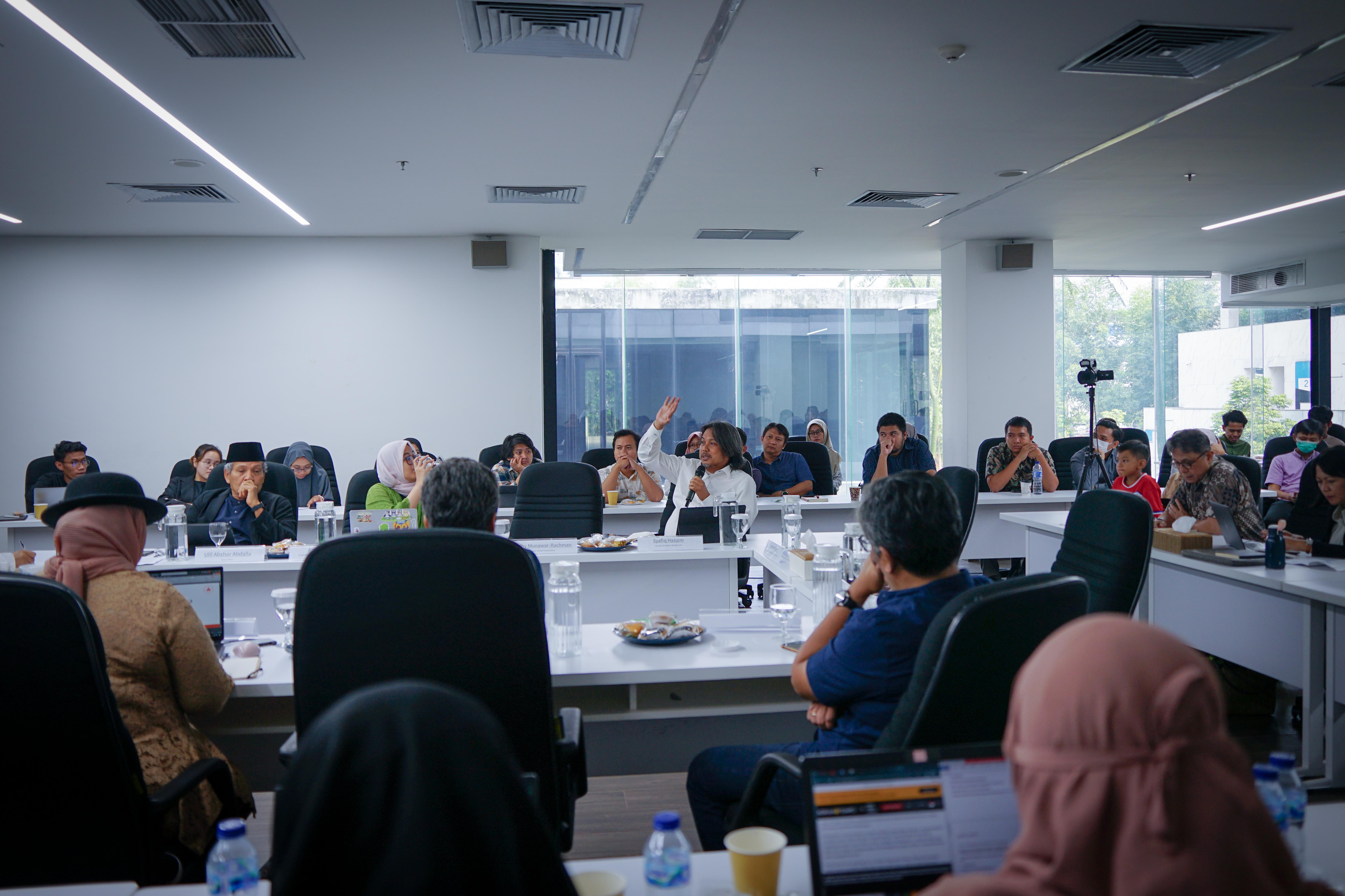
Call for Interdisciplinary Approaches
The roundtable concluded with a call for policymakers to consider both religious and environmental perspectives in their decisions. This event underscored the importance of interdisciplinary approaches, bridging natural, physical, and social sciences to tackle climate change effectively. During the discussion, Philips Vermonte emphasized that the discourse at UIII’s Climate Talk Series highlighted the need for deep and balanced solutions that respect both faith and the environment, setting a rare but vital precedent for future policy discussions in Indonesia.
____
*) Elis Nurhayati, Student of Master of Public Policy specializing in Climate Change at UIII
- Grit, Innovation, and Adaptation: Key Themes in FoE’s 3rd Graduate Forum for Education Future
- Student-Led Research Community Series Kick Off with Academic Publishing Session
- Advancing Institutional Governance through Risk Management Training
- A Night of Unity: International Iftar Brings Students Together in Celebration
- Vice Minister Joins Iftar with UIII International Students, Hearing Their Stories
- FisFastFest Showcases ‘TransformMe’ Spirit with Intense Quiz Competition
- Ramadan Unites Us: UIII Hosts Iftar Gathering to Strengthen Bonds
- It’s Time for Africa! UIII Aims to Expand Outreach in African Continent
- Future Innovators Gather at UIII for 1000x Challenge Mentoring & Briefing
- UIII and Al-Azhar Strengthen Ties for the Advancement of Islamic Civilization
